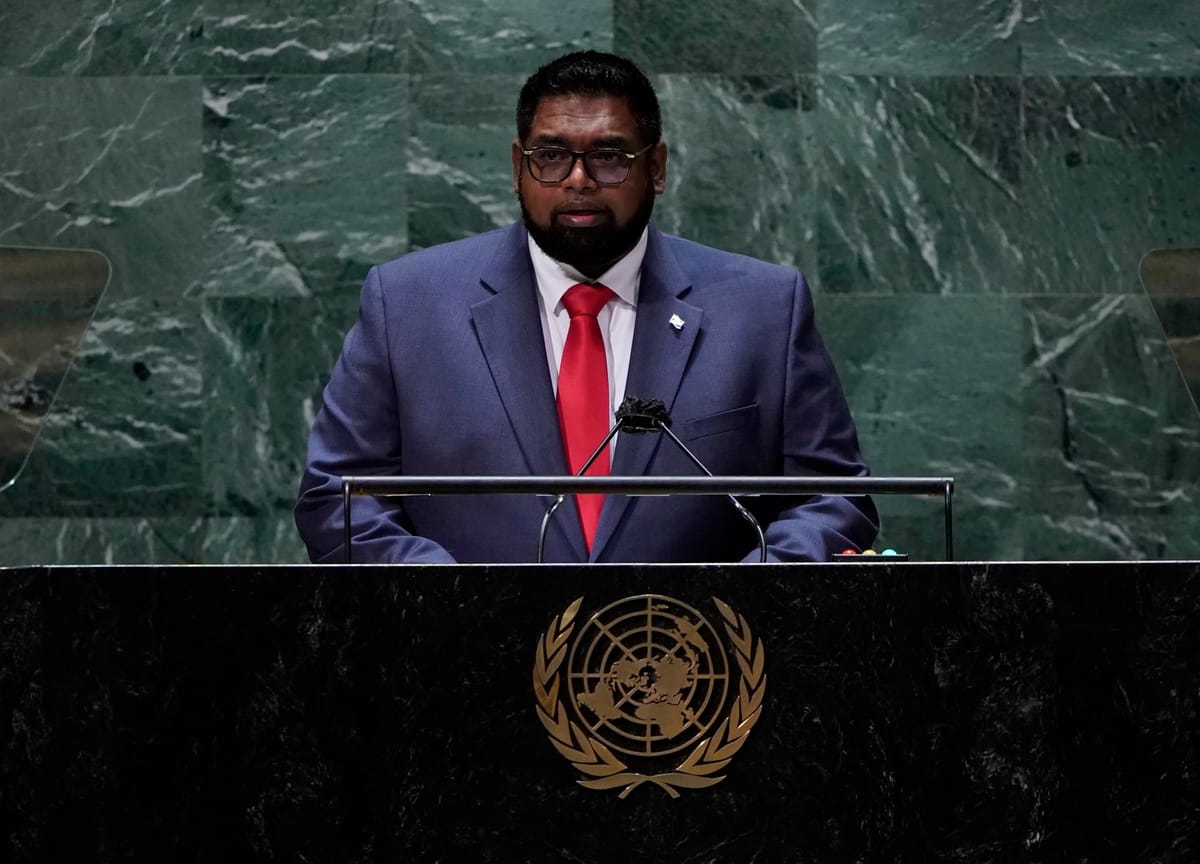CARICOM holds meeting in Kingston on Monday to ease Haiti crisis

Source: La Prensa Latina Media
San Juan/United Nations, Mar 8 (EFE).- The Caribbean Community (CARICOM) will hold a special meeting in the Jamaican capital of Kingston on Monday to discuss Haiti's transition, with the United Nations invited, amid pressure for the resignation of Haitian Prime Minister Ariel Henry.
On Feb. 29, tensions surged in Haiti following Prime Minister Ariel Henry's declaration at the CARICOM summit in Guyana, stating his intention to organize elections by August 2025 at the latest.
This move angered local gangs seeking him to leave office earlier.
"Whilst we are making considerable progress the stakeholders are not yet where they need to be," Chair of CARICOM Mohamed Irfaan Ali, said in a statement on Caricom's discussions with Haitian Prime Minister Ariel Henry and other political and civil society groups.
In that regard, Ali confirmed that they had decided to invite the leaders of "key countries with whom Haiti has engaged as partners," to a meeting in Jamaica next Monday, March 11.
The purpose of the meeting, he said, would be to "urgently address this state of affairs and all other matters critical to the stabilization of security and the provision of urgent humanitarian aid to the people of Haiti."
"It is vital that this engagement be at a highest level as possible to send a clear message of unity between CARICOM and the international community," Ali said, stressing the "urgent need for consensus" and that time was running out for Haiti.
According to UN Earle Courtenay Rattray, António Guterres' chief of staff, will attend the meeting in Jamaica. From CARICOM at least Ali and the prime ministers of Grenada, Dickon Mitchell, and Dominica, Roosevelt Skerrit, are expected.
Other countries involved in previous negotiations on Haiti include the United States, Canada, and France; representatives from these states are likely to attend.
Escalating violence in Haiti
In the aftermath of President Jovenel Moïse's assassination in July 2021, Prime Minister Ariel Henry assumed the leadership of the country without institutional oversight or legal framework.
Despite a political agreement in 2022 stipulating that Henry's term should have concluded on Feb. 7, the prime minister continues to hold office.
Meanwhile, violent gangs have gained more power, particularly in Port-au-Prince.
On Friday night, a wide area that goes from Champ de Mars to Nazon, Lalue, Canape-Vert, and Turgeau, in the heart of Port-au-Prince was the scene of an intense gunfire.
Alleged criminals were shot dead by the Haitian National Police during an attack on the National Palace in Port-au-Prince, coordinated by the "Vivre Ensemble" (Living Together) coalition of armed gangs, local media reported on Saturday.
Members of the coalition led by ex-cop Jimmy Cherizier, alias Barbecue, considered the most powerful gang leader in Haiti, died.
The criminals tried to set fire to the Ministry of Interior building but were ambushed by police officers. At least five vehicles in the car park were set on fire.
Henry has been in Puerto Rico since last Tuesday after his whereabouts were unknown for several days when he left Kenya on Saturday to discuss the deployment of the Multinational Security Assistance Mission in Haiti.
Authorities in the Dominican Republic have reportedly refused to allow Henry's plane to land.
The violence in Haiti reached its peak last Saturday when gangs broke into the capital's two main prisons, enabling more than 3,000 prisoners to escape.
